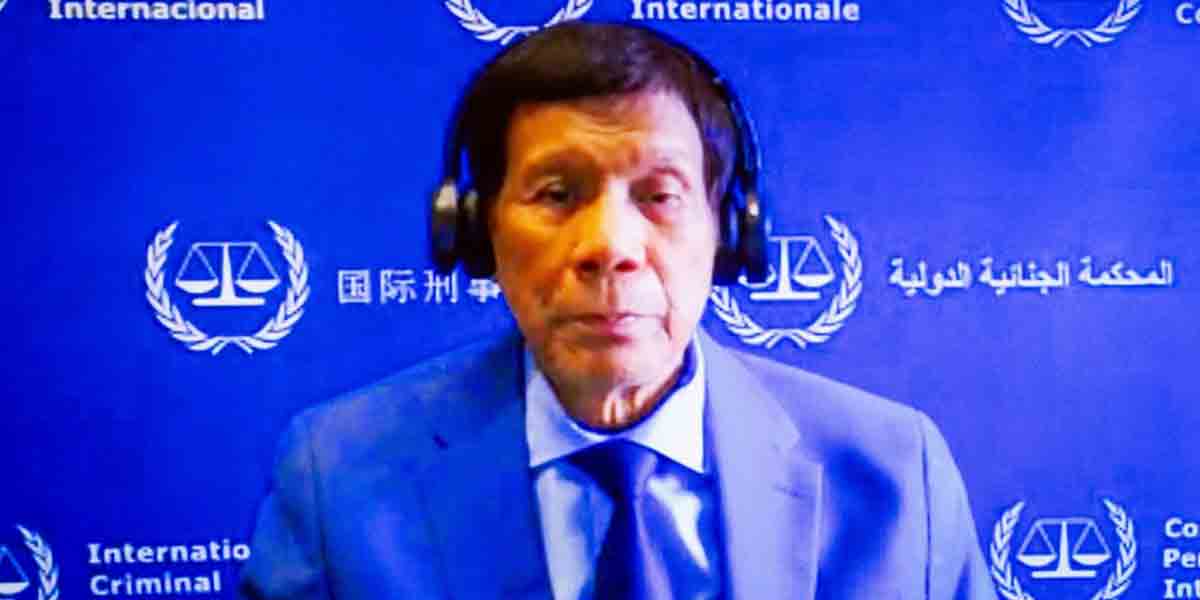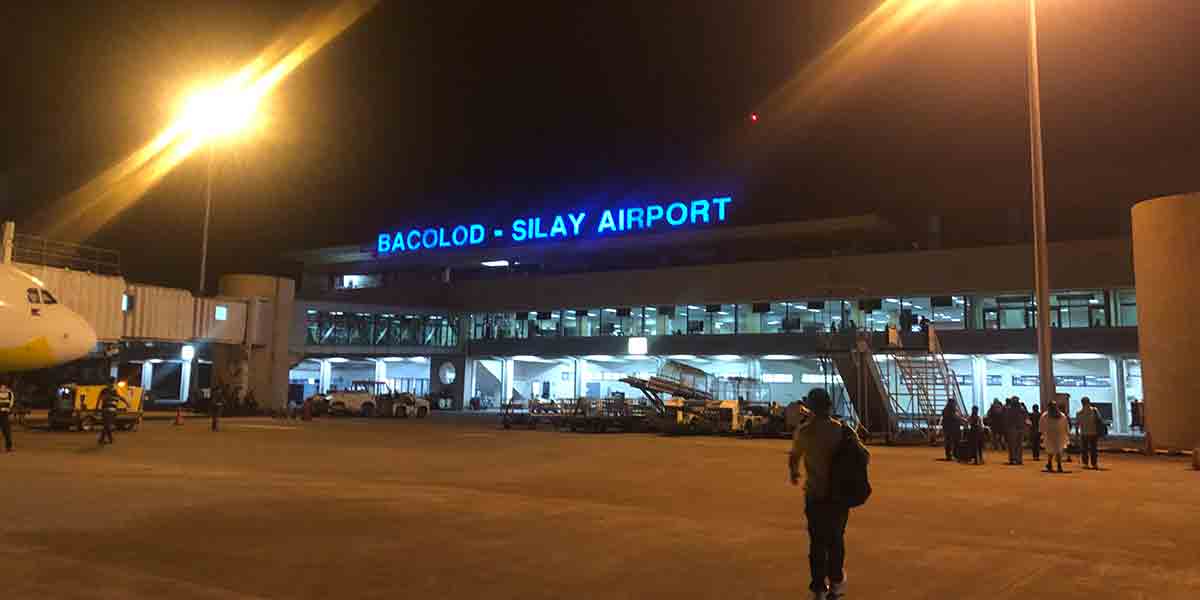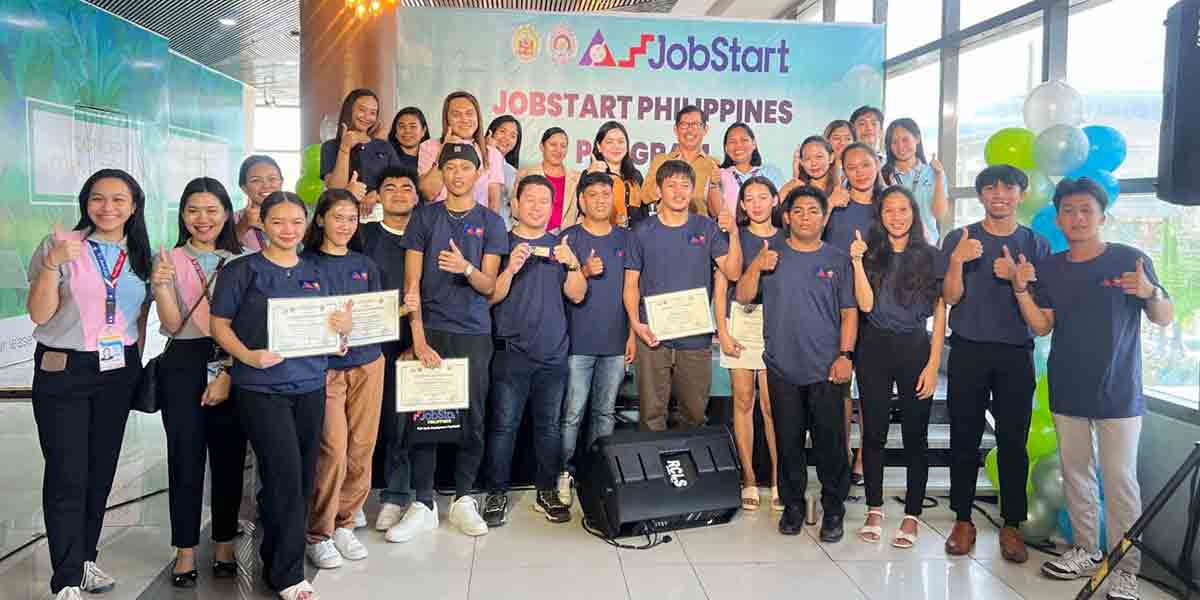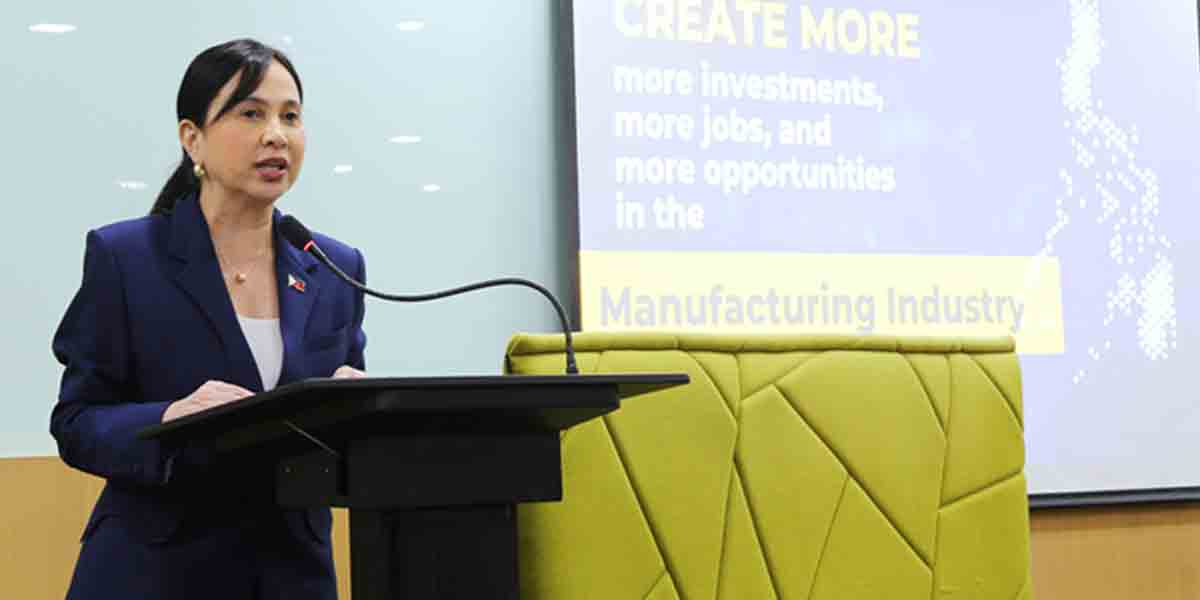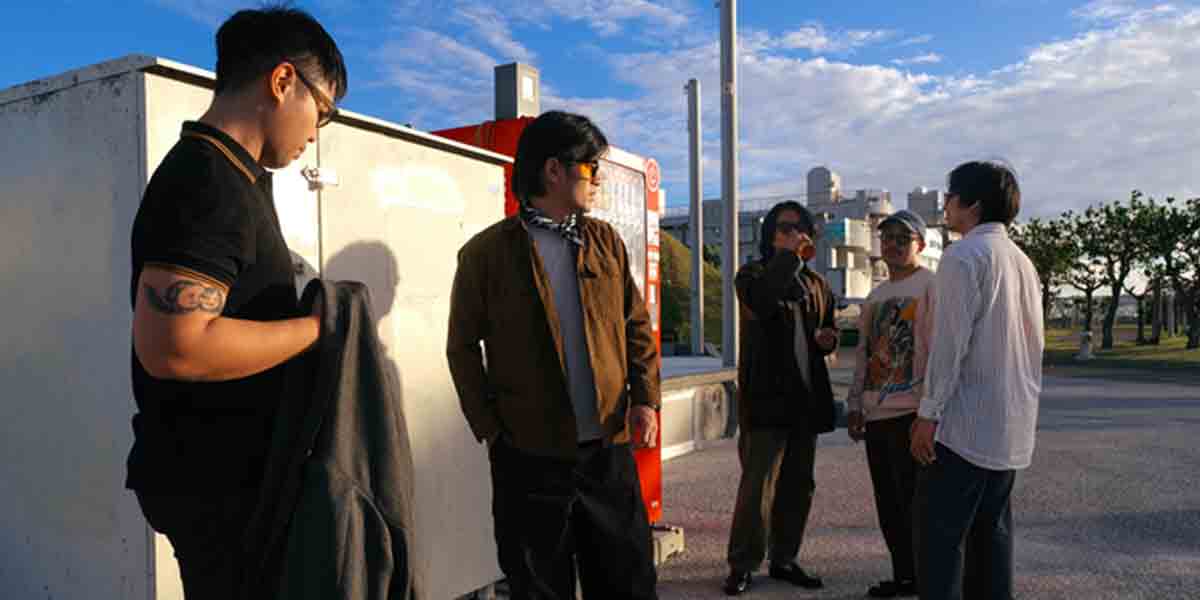By Rjay Zuriaga Castor
There is no need to worry about the construction of an Integrated Solid Waste Management Facility, which includes a waste-to-energy incinerator (WTE), as the project will undergo a rigorous assessment, according to City Mayor Jerry Treñas.
“There are still permits to be secured, and the facility will again undergo the strictest tests of the Department of Environment and Natural Resources (DENR) and other government agencies before it can operate,” he said in a statement on Monday, July 1.
Ecowaste Coalition, an organization advocating for an eco-friendly, zero-waste, and toxic-free industry, recently urged the city government to “reconsider the construction of a WTE facility and conduct more intensive research and consultations with its stakeholders in the city.”
The coalition cited the project’s conflict with environmental laws and its potential harm to the residents of the city.
Treñas, however, noted that the construction of a WTE in the city is one of his priority projects since he took office as city mayor in 2019.
He also emphasized that the project has been discussed with the Public-Private Partnership (PPP) Center and at several other forums.
“The WTE we entered into went through a very rigid process stipulated under the PPP law,” he said.
The construction of the WTE project will be under a PPP scheme. The joint venture with MetPower Venture Partners Holdings, Inc., Metro Pacific Water Investments Corp., and Metro Pacific Iloilo Water was signed earlier this March.
The WTE project is pegged at P2.3 billion and will be constructed on a 3-hectare property in Barangay Ingore, La Paz, starting in October this year.
Designed to process up to 475 tons of solid waste per day, the facility can generate up to 3.5 megawatts of power, which can augment the 10 megawatts for the desalination plant and reduce water costs for consumers.
Treñas emphasized the necessity of constructing a WTE, citing the city’s 3.5-hectare sanitary landfill in Barangay Calahunan, Mandurriao district, which is expected to reach capacity by 2026.
“The operation of a sanitary landfill is not sustainable. It’s very expensive to construct and to operate, and we will run out of land eventually,” he said.
The city mayor vowed that he would not allow any facility to operate in the city that would produce toxic and hazardous pollutants.
The coalition argued that despite advances in technology, WTE projects inherently emit greenhouse gases, toxic compounds, and particulate matter.
“These emissions can contribute to air pollution, pose health risks to the population, and harm the environment. Even with state-of-the-art pollution control mechanisms, the risk of releasing dioxins, furans, and other harmful pollutants cannot be entirely eliminated,” it said.

